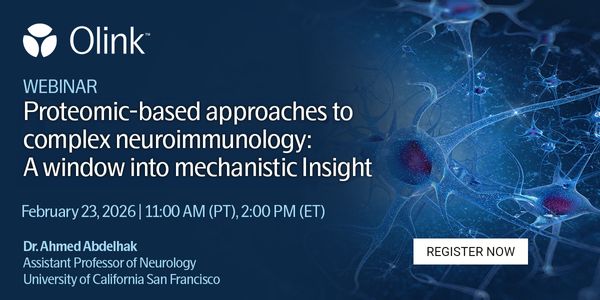Automatic Detection and Classification of Behaviour in Laboratory Animals
Animal welfare is the most important issue in any in vivo laboratory. The ability to detect and intervene in cases where the conditions of animals may be deteriorating as well as the ability ensure that undue stress and anxiety are avoided is of paramount importance. Remembering that rodents, despite the fact that they are in the laboratory setting, are social creatures and respond adversely to disruption in their routines through undue handling and or disruption of circadian rhythm is important to ensuring the quality of subsequent in vivo studies in cognition, function and behaviour. It is for this reason that longitudinal monitoring of group housed animals is required. We have shown here salient examples of what occurs when animals are not being directly observed and how animal behaviour can be observed and monitored at in their home cage and at the times when they are most likely to manifest behaviours that are more than likely true to their behavioural phenotype. In addition, we show how grouped housing and minimal handling can be achieved in order to contribute to the 3R ethos as well as impact directly on the quality of the data that is generated from in vivo experiments.
Learning Objectives:
1. How remote monitoring in the home-cage of grouped housed animal is achieved
2. How this technology can contribute to both animal welfare and the quality of in vivo studies through rapid intervention and earlier recognition of humane end-points






